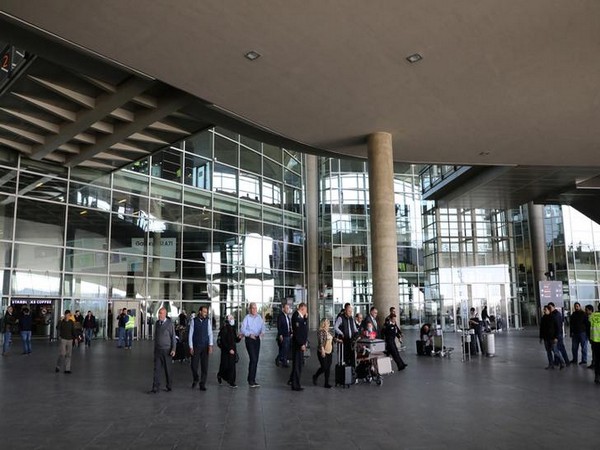IATA calls for urgent implementation of ICAO COVID-19 guidelines
The International Air Transport Association (IATA) has urged governments to quickly implement the International Civil Aviation Organisation's (ICAO's) global guidelines for restoring air connectivity.

- Country:
- Switzerland
The International Air Transport Association (IATA) has urged governments to quickly implement the International Civil Aviation Organisation's (ICAO's) global guidelines for restoring air connectivity. The ICAO Council on Monday approved 'Takeoff: Guidance for Air Travel through the COVID-19 Public Health Crisis (Takeoff).' This is an authoritative and comprehensive framework of risk-based temporary measures for air transport operations during the COVID-19 crisis.
"The universal implementation of global standards has made aviation safe. A similar approach is critical in this crisis so that we can safely restore air connectivity as borders and economies re-open," said IATA's Director General and CEO Alexandre de Juniac. "The Takeoff guidance document was built with the best expertise of government and industry. Airlines strongly support it. Now we are counting on governments to implement the recommendations quickly because the world wants to travel again and needs airlines to play a key role in the economic recovery," he said.
"And we must do this with global harmonisation and mutual recognition of efforts to earn the confidence of travellers and air transport workers," said Juniac in a statement. Takeoff proposes a phased approach to restarting aviation and identifies a set of generally applicable risk-based measures. In line with recommendations and guidance from public health authorities, these will mitigate the risk of transmission of the COVID-19 virus during the travel process.
These measures include: Physical distancing to the extent feasible and implementation of 'adequate risk-based measures where distancing is not feasible, for example in aircraft cabins'.
Wearing of face coverings and masks by passengers and aviation workers. Routine sanitation and disinfection of all areas with potential for human contact and transmission.
Health screening, which could include pre- and post-flight self-declarations as well as temperature screening and visual observation conducted by health professionals. Contact tracing for passengers and aviation employees: updated contact information should be requested as part of the health self-declaration, and interaction between passengers and governments should be made directly though government portals.
Passenger health declaration forms, including self-declarations in line with the recommendations of relevant health authorities. Electronic tools should be encouraged to avoid paper. Testing: if and when real-time, rapid and reliable testing becomes available.
"This layering of measures should give travellers and crew the confidence they need to fly again. And we are committed to working with our partners to continuously improve these measures as medical science, technology and the pandemic evolve," said de Juniac. Takeoff was one element of work of the ICAO COVID-19 Aviation Recovery Task Force (CART).
CART's work was developed through a broad-based consultation with countries and regional organisations, and with advice from the World Health Organisation and key aviation industry groups including IATA, Airports Council International (ACI World), the Civil Air Navigation Services Organisation (CANSO), and the International Coordinating Council of Aerospace Industries Associations (ICCAIA). (ANI)
(This story has not been edited by Devdiscourse staff and is auto-generated from a syndicated feed.)
- READ MORE ON:
- IATA
- Alexandre de Juniac
- ICAO
- World Health Organisation










